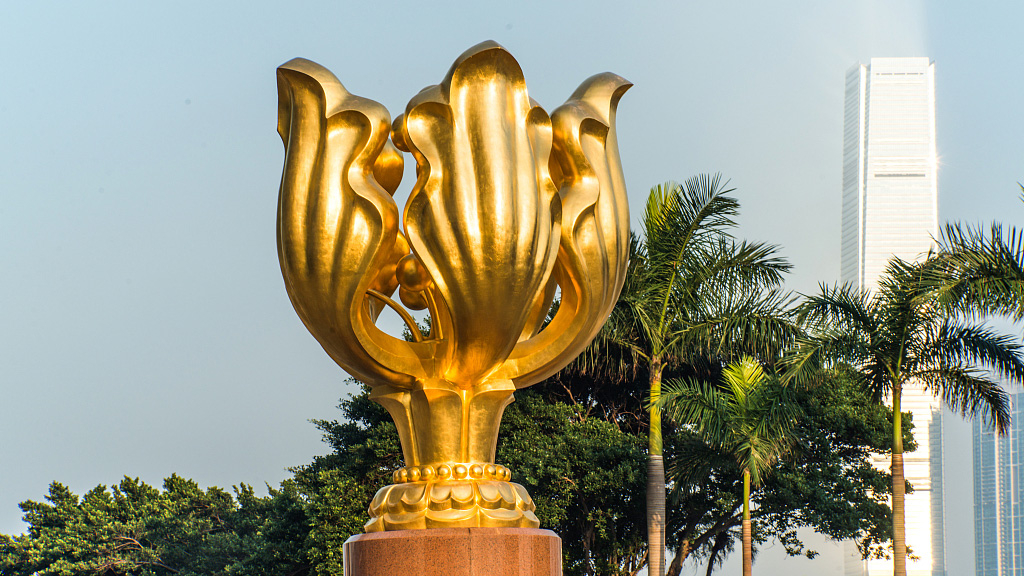02:45

At a time when Hong Kong is undergoing a political test over its bond with the Chinese mainland, their medical professionals are seeking further rapport.
The Hong Kong Medical Association has observed a decade long tradition to organize a visit to the mainland cities. This year, delegates are in the city of Tianjin, located about 100 kilometers southeast of the capital Beijing.
In his words, Lam Tzit Yuen, vice president of the association, believed Hong Kong and Tianjin share geographic similarities and have lots in common.
"I hope the delegates come to know more about Tianjin," Lam said, adding that in so doing, both will understand each other and tackle medical problems together.
Tianjin and Hong Kong are accordingly among six Chinese cities whose life expectancy are over 80 years old.
Aside from the aging issue, Lam suggested that Hong Kong should learn from Tianjin's "more seamless" communication between public and private sectors, noting that such efficiency, however, is even lower in Hong Kong.
But the mainland wasn't built in one day.

Robot-aid surgery conducted in a Tianjin hospital. /VCG Photo
Robot-aid surgery conducted in a Tianjin hospital. /VCG Photo
Fu Di, dean of the Medical Committee of Hong Kong Quality and Talent Migrant Association, visited Tianjin back in 2008. He also traveled to many other cities over the years, which has helped him understand a different mainland.
"Our old impression of the mainland's healthcare system is a system with relatively low efficiency, less transparency and relatively hot patient-doctor relationships," Fu said. "But nowadays in Tianjin, I see a very different picture."
"I think we Hong Kong doctors need to step forward, need to change our views," Fu said, citing that hospitals in Tianjin are merging the internet into the whole healthcare system, which is the main trend looking forward.
Despite the massive development over the last decade, these delegates still believe that the region is better at medical technology and its research culture. But given a large number of patient cases and the advancement of medical facilities and techniques on the mainland, mutual learning can benefit both.
"We have to see each other's level… and that's something Hong Kong people have to understand," Lam referred to the "strong message."
He added that most mainland cities are quite willing to cooperate with Hong Kong doctors in terms of techniques, research results, and education exchange.
Liu Wei, director of the Tianjin Children's Hospital, echoed that the exchange is significant, adding that they welcome more medical professionals to Tianjin, especially the newest branch of their hospital that is slated to reopen in a week.
"It's just a start, we hope to continue our efforts for a better mutual understanding and learning from each other," Liu said.